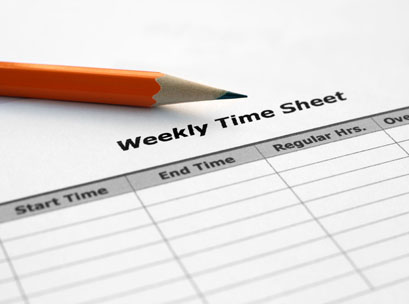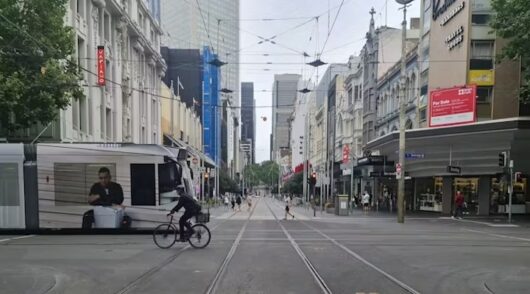 A large hike in the minimum wage would cost jobs especially for young people and the low-skilled, the Turnbull government has told the industrial umpire.
A large hike in the minimum wage would cost jobs especially for young people and the low-skilled, the Turnbull government has told the industrial umpire.
Australia’s peak trade union body the ACTU is seeking a $45 a week rise in the minimum wage.
New ACTU secretary Sally McManus says the minimum wage has fallen to a “dangerously low level”.
Labor declined to put a figure in its submission, but said it supports a “strong and appropriate minimum wage”.
The rise is even more important considering penalty rates were due to be cut for low-paid workers in retail and hospitality.
However, in its 85-page submission to the Fair Work Commission, the government said wage increases not backed by higher productivity or prices for consumers will “most likely cost jobs”.
“There are risks to employment opportunities for youth, long-term unemployed people and those who are low-skilled – as well as other disadvantaged groups, such as indigenous Australians,” the submission said.
The jobs impact was likely to be felt hardest in award-reliant industries, it said.
The government also argued increasing the minimum wage was “not an efficient way to addressing relative living standards or the needs of the low-paid”.
“The government submits that the panel should take a cautious approach, taking into account the uncertain economic outlook and the need to boost employment and job creation, particularly for young people and the low-skilled.
“The minimum wage and award classification wages are only part of Australia’s comprehensive safety net of workplace relations policies, public services and transfer payments.”
Meanwhile, the Australian Retailers Association (ARA) has proposed a 1.2 percent wage increase given the continuing economic uncertainty and fragility of the retail sector.
ARA executive director, Russell Zimmerman said Australian retailers are continuing to face a difficult operating environment and this increase is the best way to preserve employment within the retail sector.
“Given economic uncertainties, historically low inflation along with rising costs for retailers this 1.2 percent increase will minimise employment losses in the weak labour market,” Zimmerman said.
“The retail industry’s submission has outlined the difficult trading environment existing in the retail sector as a result of globalisation and advances in technology throughout the industry.
“With low to flat price growth and increased wages costs well above our international competitors, it’s critical that the Fair Work Commission take into account the weak economic trading conditions when making their decision,” he said.
The current minimum wage is $17.70 an hour, or just under $35,000 a year for a full-time worker.
The issue is expected to be extensively aired in the Senate on Thursday when Labor leads a debate on penalty rate cuts and their impact on the low-paid.
Access exclusive analysis, locked news and reports with Inside Retail Weekly. Subscribe today and get our premium print publication delivered to your door every week.





